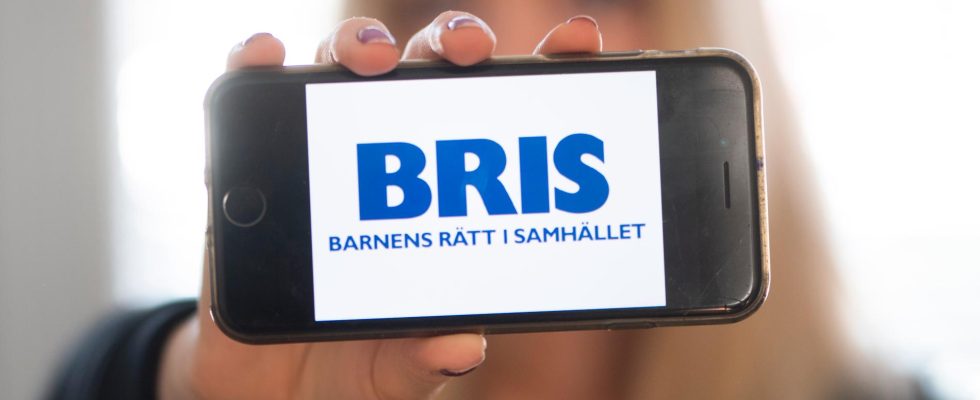unsaveSave
share-arrowShare
expand-left
full screen
chevron-rightnext
Never before have so many children contacted Bri’s helpline with concerns about war. Archive image.
1 / 2Photo: Fredrik Sandberg/TT
After the commander-in-chief’s and the minister of civil defense’s statements that Sweden could also end up in war, the phones have been hot at Bris. The fear of war is great among many children who are now wondering how to prepare.
– Many may think that children have not had time to be reached by this information, but that is completely wrong – it is everywhere on Tiktok and the children are absolutely aware of these statements, says Magnus Jägerskog, secretary general at Bris, Children’s rights in society.
The nonprofit always sees an increase in calls during major global events, but the past 24 hours have stood out. It is especially the call that “everyone needs to prepare for war” that the children react to.
– The question children ask when they contact us is “How then, what should I do?”. What I would have liked to have seen before this development was made is that there had been parallel information aimed at children in this matter, says Magnus Jägerskog.
Customized communication
Only twelve percent of the country’s municipalities have a structured way of working to make children involved in crisis preparedness and civil defense, according to a survey that Bris carried out at the end of last year.
– From the authorities’ point of view, they are bad at providing comprehensible and useful crisis information aimed at children. We saw the same thing during the pandemic, says Magnus Jägerskog.
Important calls
For Bris, it is now about listening, calming and helping the children who call the national helpline to put their feelings into words and deal with the situation. The questions are often concrete about what would happen if there were to be a war and how great the risk is.
– When children are worried, the conversation is so incredibly important. I hope many people talk about this at the dinner table. As a parent, you don’t need to have all the answers, it can be enough to ask open questions, says Magnus Jägerskog.
